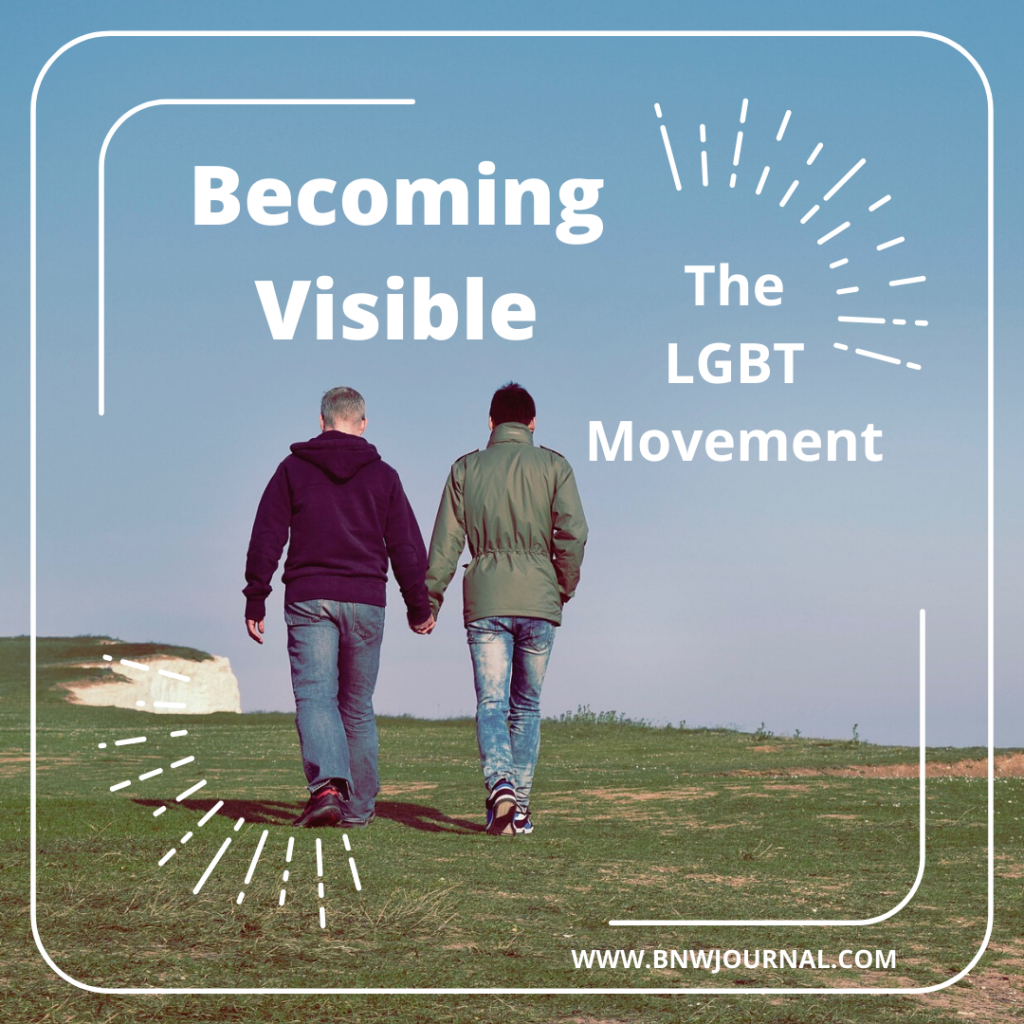![]()
LGBT stands for. Lesbian, Gay, Bisexual, Transgender. Part III of the Constitution of India deals with the fundamental rights. There are a lot of freedoms and rights mentioned in this part. And we know that we do enjoy a lot of rights. The preamble of the Constitution of India has made social, economic and political justice for all mandatory.

Article 14 of the Constitution of India deals with equality before law; ‘The State shall not deny to any person equality before the law or the equal protection of the laws. Within the territory of India Prohibition of discrimination on grounds of religion, race, caste, sex or place of birth’. Also, Article 21 deals with the Protection of life and personal liberty.
Section 377 of the Indian Penal Code dealt with Unnatural offences which meant ‘Whoever voluntarily has carnal intercourse against the order of nature with any man, woman or animal, shall be punished with 1[imprisonment for life], or with imprisonment of either description for a term which may extend to ten years, and shall also be liable to fine.’
Section 377 of IPC was denying the rights of the people belonging to the LGBT community in a country like India. There is freedom to marry a person of his/her own choice. And Section 377 of IPC was against Article 14 and Article 21. It violated the freedom to marry. Even after decriminalising Section 377 in 2018 (September), marriage between same-sex is not identified.
In 2014, in the case of NALSA v. Union of India, Supreme court held that transgender people should be legally recognize according to their gender identity. Enjoy all fundamental rights and receive special benefits in education and employment. The decision was given and decriminalising Section 377 of IPC were considered as empowering the LGBT community.
India is a country with a population of 1.3 billion people. The opinion and attitude towards a new community was not as broad-mind. As the decision due to the diversity of the people. The LGBT community have come a long way. But even after they got lawfully recognise, we see a lot of people bullying them mercilessly. And this all happens just because these people think differently from others. To get employe in a good company is sometimes very difficult for the people belonging to the LGBT community. Because of the attitude of the people towards them. People are behaving rudely to them just because they are different from the conventional thinkers. Just because the people belonging to this community strongly stand for their rights. They are treat in a very bad way.
But if one looks at the progress the LGBT community has made then one can notice the positive side of how far they have come after all these battles with everyone. The people belonging to the LGBT community can now reveal their identity without fear which they couldn’t do before. They are getting a position in the society that is getting better with coming generations. India has even set an LGBT hiring consultancy for people belonging to this community. Such a plan was initiated mainly to help the people overcome their lack of self-esteem due to the discrimination face by them. As expected, it had a very good response. The job fair saw the participation of more than 300 LGBT candidates for various sectors including IT, banking and administration.
Even after decriminalising Section 377 of IPC and people of the LGBT community can reveal their identity to the society without fear, the community still has not reached its goal completely. Most of our laws, in the case of marriage, deal with a man and a woman and not a man and a man or a woman and another woman. So it is yet to see if the same-sex marriage can be legalise before the court i.e. if a lesbian or gay can marry without any restrictions. Even if such restrictions are impose it is violating the freedom to marry. Also, we know that the adoption of a child by the lesbian or gay couple is also not recognise until now. Therefore the LGBT community has a long way to go. They should have the right to marry and live like any ordinary people.
If we go back to 1860, when the British were ruling India, there was a tremendous development with regard to the LGBT community. It was in 1860, Section 377 was incorporate in Chapter 16 of the Indian Penal Code. Even after independence i.e. after Article 14 came into existence, Section 377 of IPC remained as an offence. It took more than 150 years to decriminalise it from being include as an offence.



0 Comments